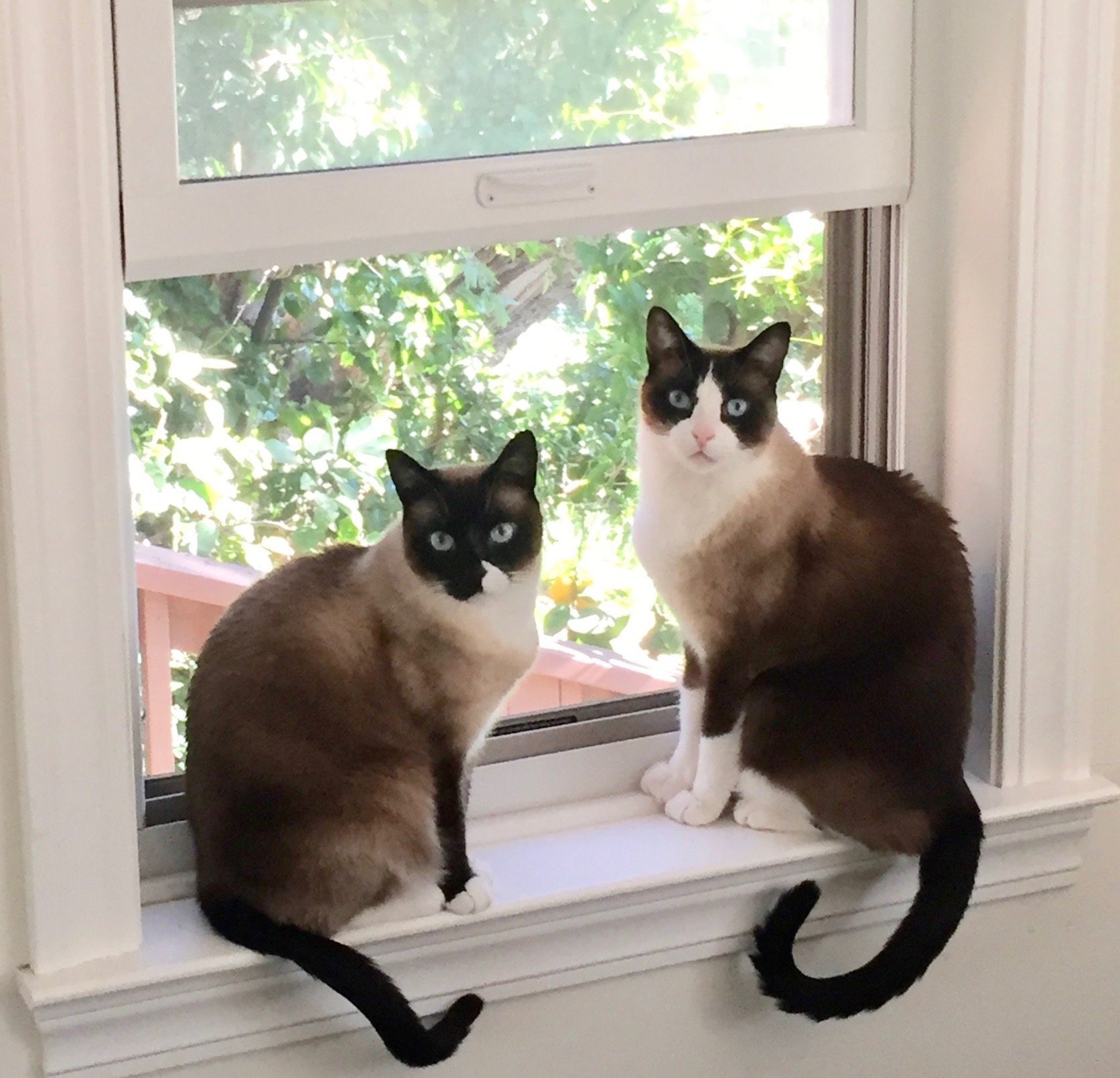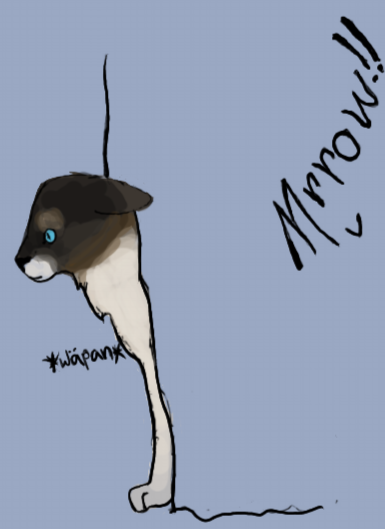Kaltxì nìmun, ma eylan!
Happy August to you all. I hope you’re doing well—or, as it’s become customary to add these days, as well as can be expected under the circumstances. After some personal and professional distractions, it’s nice to be back here!
Here are a few new vocabulary items that should fill in some gaps. Most of these, as you’ll see, are action verbs, some of which came from the lì’fyaolo’. You’ll also find a few conversational expressions to use when you speak or write.
he’a (vin., HE.’a, inf. 1,2) ’cough’
I don’t actually recall if I saw any of the Na’vi cough in Avatar, but since their physiology is similar to ours in many ways (their vocal tract, for example), I’m assuming they do.
Ngari krra he’a, sweylu txo kxaru lew sivi.
‘When you cough, it’s best to cover your mouth.’
Derived noun:
sähe’a (n., sä.HE.’a) ‘a cough, instance of coughing’
fwal (vtr.) ‘wipe’
Yoti fwal rutxe. Mei slolu maw tompa.
‘Please wipe the table. It’s gotten wet after the rain.’
pìtìk (vtr., PÌ.tìk, inf. 1,2) ‘scratch non-harmfully, as an itch’
tsupx (vtr.) ‘scratch harmfully, as with a claw’
Na’vi has two different words for ‘scratch.’ For scratching that’s pleasurable or relieves an itch, use pìtìk. For the kind of scratching that’s painful, draws blood, or does other harm, such as scratching yourself with a pin or being scratched by the claws of an animal, use tsupx.
Sran, sran, oeri pìtìk tsatsenget a mì tal! Fkxake nìftxan kuma terkup!
’Yeah, yeah, scratch that place on my back! It itches like crazy!’
Note a couple of things about the previous example. First, fkxake ‘itch’ is an intransitive verb whose subject is the body part or place that itches. Also, you’ll see the colloquial idiom [Verb] nìftxan kuma terkup, which has been translated above as ‘like crazy.’ Literally, it’s saying that an action is so intense that it results in dying. We have similar exaggerations in English, e.g. “That movie bored me to death.”
Palukanìl oeyä poti fa tsin tsolängupx.
‘Unfortunately my cat scratched her with its claw.’
ngungung (vtr., NGU.ngung, inf. 1,2) ‘rub’
Ngari pxunti ngungung pelun? Srake tìsraw si?
’Why are you rubbing your arm? Does it hurt?’
lonusye (vin., lo.NU.sye, inf. 1,2) ‘exhale; blow’
This is clearly a compound from lonu ‘release, let go’ and syeha ‘breath.’
Txo syuve som livu nìhawng, lonusye tsane.
‘If the food is too hot, blow on it.’
Note the use of ne in the above example, since blowing on something is really directing a stream of air towards it.
mungsye (vin., MUNG.sye, inf. 1,1) ’inhale’
Another clear compound, this one from munge ‘take’ and syeha.
txeptsyìp (n., TXEP.tsyìp) ’flame’
Tong txeptsyìpit.
’Extinguish the flame.’
Lonusye tong txeptsyìpit.
’Blow out the flame.’
In the above example, note the two adjacent verbs indicating consecutive action. “Blowing out” a flame is to release breath and thereby extinguish it.
Finally, some colloquial and conversational expressions:
Colloquial forms of ‘push’ and ‘pull’:
kärìp (vtr., KÄ.rìp, inf. 1,2) ‘push’ (Cf. kä’ärìp)
zärìp (vtr., ZÄ.rìp, inf. 1,2) ‘pull’ (Cf. za’ärìp)
These colloquial forms are more common in speech than the full forms.
Conversational expressions:
’Uo ke zo srak?
‘Is something wrong?’
(In very colloquial speech, this can be shortened to ’Uk zo srak?)
’Upe ke zo?
‘What’s the matter?’ ‘What’s wrong?’
Responses:
Frawzo.
‘Everything’s OK.’
Fraw mì la’ang.
‘Everything is screwed up.’
la’ang (n., LA.’ang) ‘pile of stinking, rotting animal matter’
The above expression, as you might guess, is very strong and rather coarse, more so than the English translation. Nowadays, unfortunately, there seem to be plenty of occasions to use it.
Hayalovay, ma smuk.
Edit 01 Aug.: Palukan –> Palukanìl. ’Ä’! Irayo, ma Marlon!



